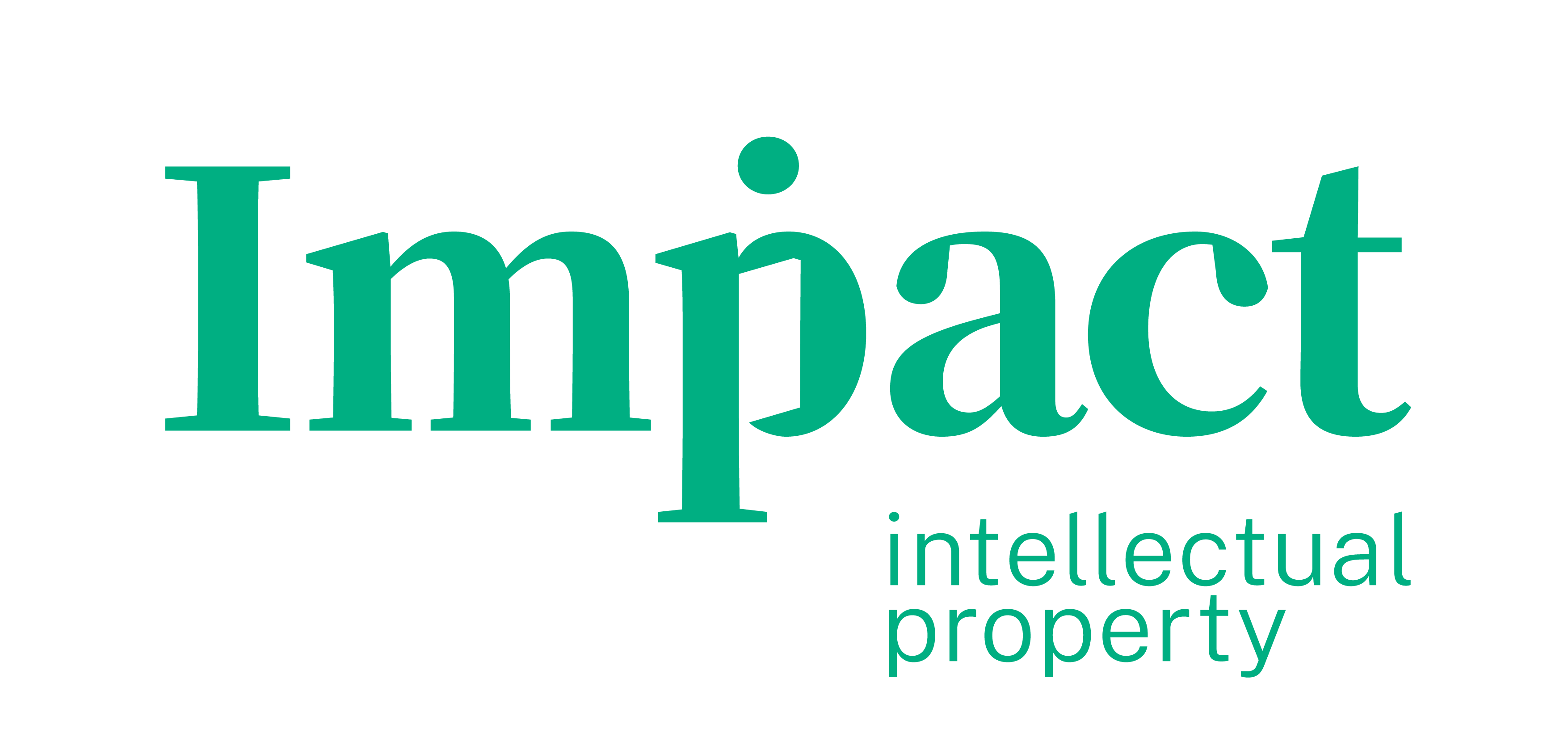The EPO’s Enlarged Board of Appeal decision G2/21 was published recently. Now that the initial heavy legal reporting and dissecting has finished, what does this decision actually mean for you, our clients?
What happened in G2/21?
G2/21 was the culmination of a lengthy debate beginning in 2021 involving the patentability of insecticide compositions. The EPO Enlarged Board of Appeal is the highest judicial authority under the European Patent Convention (EPC) and it deals with high importance questions of law. The decisions of the Board can ultimately change the way EPC law is applied and interpreted.
Essentially, a question regarding the provision of post-published evidence/data was debated. As you may be aware, the demonstration of a “technical effect” is required to support the presence of an inventive step, which is vital for patentability. It is commonplace in EP practice to submit post-filed data (any data which was not present in the application as filed) in order to support an inventive step argument. However, this approach is not always successful for a number of reasons, for example, lack of breadth and relevancy of the evidence. The evidence must also not have been published before the effective filing date of the application, i.e. the date from which the application claims priority.
In summary, in G2/21 it was decided that the submission of post-filed data may “not be disregarded” for inventive step (with the above proviso regarding publication of the data). This even applies when the data is exclusively relied upon for the presence of an inventive step, i.e. there is not sufficient data in the application as filed to demonstrate a technical effect.
Why should I care about G2/21?
In biotechnological and pharmaceutical development, there is usually a trade off between being the first to file a patent application, and having adequate time needed to collect supporting data. Tipping the balance in either direction (filing too early with inadequate data, or filing too late after a competitor) can affect the entire commercial success of a company. Professional IP advice is required to help strike a balance to ensure you file the relevant information at the appropriate time.
This decision does not comment on the publication status of the data, therefore the data used to support inventive step could still be secret (i.e. not yet published), or has been published on a pre-print server or in an established journal. It is important to consider that any data submitted to the EPO will be made publicly available, so consider whether you want to disclose this additional information.
Although this decision does not radically change the way in which EPC professionals will continue to argue inventive step, it does confirm that having further data can be useful and should be flagged to your IP professional.
What about other jurisdictions?
If you are pursuing patent protection in countries outside of the EPC, how do they handle post-filed data?
In the US, post-filed evidence is commonly used to argue non-obviousness (inventive step). This is usually accompanied by an affidavit and/or declaration from a person skilled in the field, commenting on the non-obviousness of the invention.
Interestingly, post-filed data can also be used to support enablement (sufficiency) issues, which is not the case in the EP. In particular, the submission of in vivo data, which may not have been available at the time of filing, can be used to support the sufficiency of the application.
In China, there is a much stricter approach to submitting post-filed data. It can be done to support inventive step, but ultimately it must be clear from the contents of the application as filed how the technical effect of the invention is derived. For example, when drafting an application with China in mind, it would be advantageous to include statements regarding the technical effect and advantages provided by the invention. Even the submission of comparative data, whereby additional experimentation is undertaken to compare the technical effect versus that disclosed in the prior art, will not be considered.
Japan has a similar approach to China with regards to submitting post-filed data, however they do allow for comparative data to be submitted in order to support inventive step.
What exactly does it mean for my future IP planning?
- When your patent application is drafted, there must always be a conversation regarding which evidence/data should be included in the initial filing. Ideally, you do not want to disclose every single experiment undertaken, or the highly detailed method by which the experiment was carried out. Some of this information may be company know-how, or a trade secret. But can a technical effect be derived from the application as filed? Can the technical effect reasonably be observed in all embodiments of the invention? You need to include enough data to support your invention.
- Post-filed data used to support inventive step must not have been published before the filing date of the application. Thus, you, the applicant, have decisions to make regarding how your experimental data is handled. There may be commercial reasons why you may not want to make data public. Given the academic pressure to “publish or perish”, and the requirement to attract early investment with exciting data and findings, this is a topic that will continue to specifically affect young spin-out and start-up companies. The publication (or disclosure) of any data relevant to your invention is a process which must be carefully considered, as it may impact heavily on your future IP rights.
- Ideally, post-filed evidence would not have to be relied upon as the technical effect should be clear in the application as filed. However, we understand that due to common pipeline issues in biotechnological and pharmaceutical development, this is not always possible. Clear communication between research and development and IP professionals throughout the patent process is key, guided by the commercial aims of the company.
In summary, having some unpublished supporting data/evidence in your back pocket is highly recommended, or at least the means to generate data at short notice. This is particularly important in the biotechnology and pharmaceutical sectors.
If you wish to discuss these specific issues, or other related IP topics, please reach out to one of our IP professionals who will be happy to help.
Katherine Brennan-Banks / Dom Icely
[email protected]/ [email protected]

